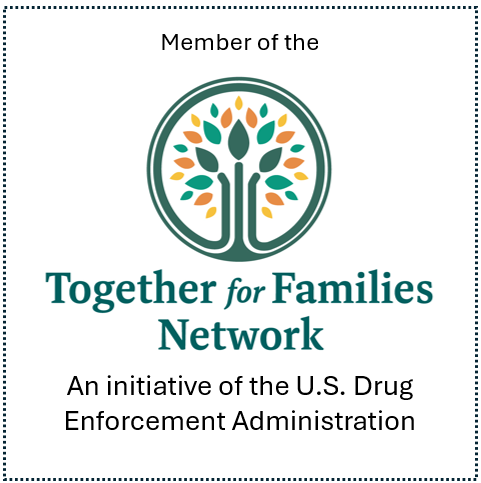Behavior Changes Can Signal Depression in Teens
Ask the Experts | Valerie Southall
I’ve recently noticed a friend of mine has been acting withdrawn and different than he used to. He’s been missing school more and not participating in social outings or responding to texts when I ask him to get together. I’m worried that he may be depressed and I don’t know how to help him. Are there things I can do, or ways I can reach out to get him help?
A: Being a teenager is very hard. Your body starts to change as well as your voice and appearance. Although all of these changes are normal and usual stages of human development, the teens that are in some way ahead or behind their peers in progressing through these changes are often submitted to ridicule. This can cause the teens to lose their self-esteem, to think they’re weird or to pull back from everyone and everything and hide from the world.
Peer pressure can be very severe and so can the fear of being laughed at. This is one of the things that can cause the teens to socialize less and avoid going to school. Other things that can cause teenagers to act withdrawn are trauma, family disputes, bad grades, or love trouble. Many times, it’s just being a teenager that causes mood swings.
On the other hand, certain behaviors can be the sign of teenage depression. If a person who had previously been involved in social activities is starting to avoid all social contact, this will probably raise some concerns. If the person who was previously good at school also starts skipping classes and starts getting bad grades and seems less engaged in other areas of life as well, he might be experiencing depression.
It’s important to know that there are many symptoms that can point to depression but only an expert can give the definitive diagnosis.
Here are some of the symptoms of depression:
- sadness and crying for no obvious reason
- feeling empty and hopeless
- a person gets irritated or annoyed easily
- loss of interest or pleasure in normal activities
- lowered self-esteem
- loss of interest in family and friends
- conflict with family and friends
- feelings of guilt
- severe self-criticism
- inability to accept rejection or failure
- concentration and memory problems
- alcohol and drug abuse
- tiredness and slow thinking and body movement
- absence from school or work
- appetite changes
- self-harm
- repeated thoughts of death and suicide
If you notice a number of these symptoms in a person’s behavior, they’re very likely to be depressed or have some other problem that needs to be resolved. If you notice a person is hurting himself or if you learn he’s thinking of or talking about committing suicide, you need to try to get that person professional help. Otherwise, trying to communicate with the person, with his parents, siblings, teachers, school nurse, or a doctor are some of the steps you can take.
Valerie Southall, BA, ACHE, is Community Education Liaison and Jason Foundation Representative at StoneCrest Center. She has a certificate in Mental Health First Aid and has previously worked in the pharmaceutical industry and taught biology and chemistry.







